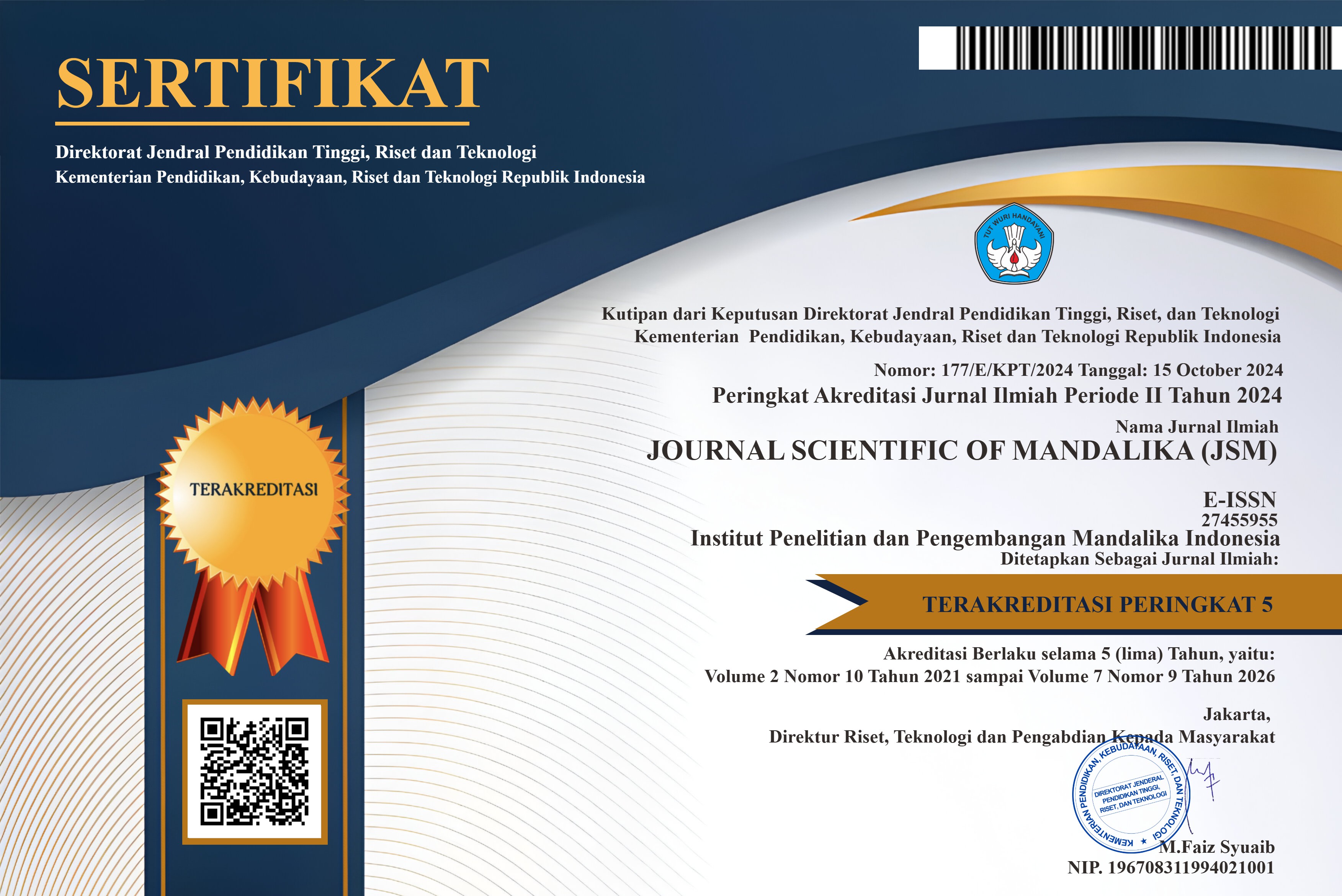Faktor-Faktor yang Mempengaruhi Petani Padi Sawah dalam Penerapan Konsep Ekonomi Hijau di Kecamatan Pamona Puselemba (Studi Kasus Kelurahan Tentena)
Abstract
Agricultural modernization has changed from traditional farming management to more modern farming management. Using synthetic fertilizers, pesticides, and superior seeds helps farmers increase the amount of lowland rice production and increase farmers' income. However, this turns out to cause several significant problems for the environment, such as environmental degradation, decreased land productivity and environmental pollution, and even increased greenhouse gases in the atmosphere. A concept for managing lowland rice farming that is more environmentally friendly but does not reduce the production and quality of lowland rice is needed, one of which is the concept of a green economy. The problem is that the lowland rice farmers need help to fully implement the green economy concept. Differences in customs, culture, traditions, and geographical conditions of a region will influence the approach that will be taken. This research aims to identify factors that influence the implementation of the green economy concept among lowland rice farmers in Tentena Village, Poso Regency. The research was conducted in Tentena Village, Poso Regency, Central Sulawesi. The informants used in this research were farmers and the relevant government, namely the Poso Regency Agriculture Service. Data were analyzed descriptively. The results of the research show that the factors that influence lowland rice farmers in implementing the green economy concept include farmers' limited knowledge regarding organic farming as a whole, the absence of a particular program from the local government for organic lowland rice cultivation and technology adoption of the farmers is still low. Therefore, a particular approach is needed, such as increasing assistance to farmers regarding the implementation of organic rice farming, starting from land preparation, post-harvest processing, product certification, establishing partnerships with marketing institutions to provide market guarantees for farmers, collaborating with relevant stakeholders to disseminate information about the benefits of organic rice farming. Commitment from local governments is needed to create particular policies for the development of organic rice farming.
Copyright (c) 2025 Nurfhin Ilma Bunga, Yunda Victorina Tobondo

This work is licensed under a Creative Commons Attribution-ShareAlike 4.0 International License.













